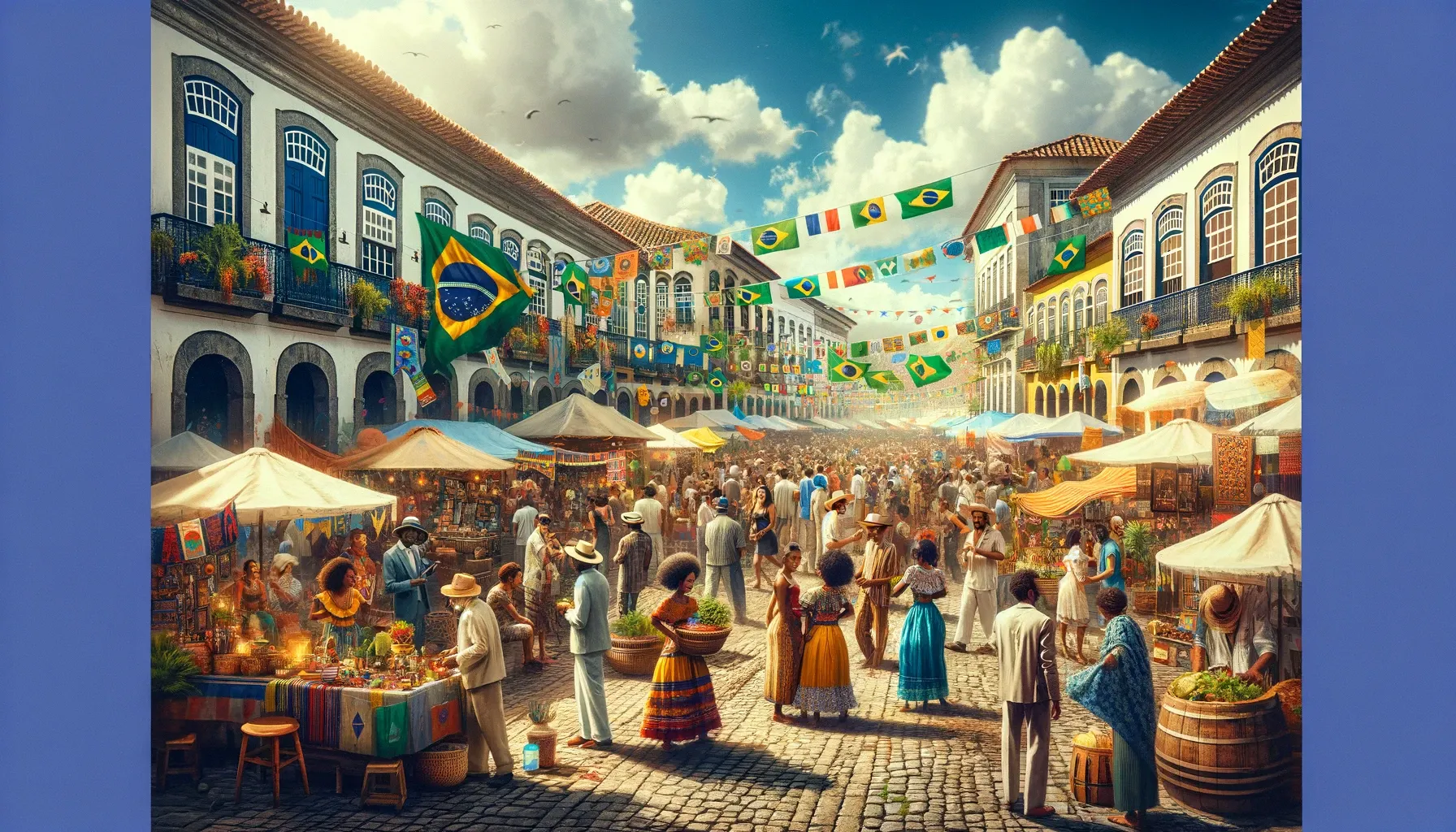Table of Contents
In the realm of language and culture, the term ươmen bears a significance that transcends mere linguistic interpretation. Delving into the depths of its meaning opens a door to a world where words carry the weight of tradition, history, and cultural nuances. Our exploration aims to unravel the intricacies of ươmen, a term with a rich tapestry of connotations that resonate through time.
Defining ươmen
“Ươme” refers to Vietnam’s traditional Ao Dai dress. The word is a Southern dialect variation of the literal “long dress.” Typically silk, the form-fitting gown is worn for special events. While still traditional, modern Ao Dai incorporates contemporary styles. “Ươme” and “Ao Dai” are used interchangeably.
Historical Significance
Ancestral Threads
The historical roots of ươmen trace back to ancient Vietnam, where the teachings of Confucius heavily influenced the societal fabric. Confucian ideals, including the concept of ươcủ (moral integrity), laid the groundwork for the development of ươmen as a core value.
Shaping Cultural Identity
As Vietnam weathered various historical epochs, the concept of ươmen endured as a beacon of moral compass, shaping the cultural identity of the Vietnamese people. It became ingrained in societal norms, influencing interpersonal relationships, governance, and the pursuit of a harmonious community.
What is the origin of the word ươmen?
The origin of the word “ươmen” is not clear, as it does not appear to be a valid Vietnamese word. The search results provided do not offer any information on the origin of the word “ươmen” in the context of the Vietnamese language or any other language. The word may be misspelled or not recognized by the Vietnamese language. If you could provide more context or clarify the word, I would be happy to help you further.
The Evolution of ươmen
Modern Interpretations
In contemporary Vietnam, ươmen has evolved, adapting to the changing dynamics of society. While the core values remain intact, the application of ươmen has expanded to encompass a broader understanding of social responsibility, environmental stewardship, and inclusivity.
ươmen in the Global Context
Beyond Vietnam’s borders, the essence of ươmen finds resonance in the global pursuit of ethical conduct and responsible citizenship. As the world becomes more interconnected, the principles embedded in ươmen serve as a bridge between cultures, fostering mutual understanding and respect.
Cultural Manifestations
Literary Expressions
Vietnamese literature is replete with instances where the concept of ươmen is intricately woven into narratives. Poems, stories, and historical accounts often highlight the triumphs and tribulations of individuals who epitomize the virtues of ươmen.
Artistic Representations
Visual arts, including traditional Vietnamese paintings and sculptures, often depict scenes where ươmen takes center stage. These artistic expressions serve as visual narratives, encapsulating the essence of ethical living.
Read also: Nancy Pelosi Tax Returns

Navigating the Semantic Landscape
Linguistic Analysis
Breaking down the linguistic components of ươmen provides insights into its nuanced meaning. The term combines ‘ươ,’ denoting ‘righteousness’ or ‘morality,’ and ‘men,’ conveying ‘door’ or ‘gate.’ Together, they form a metaphorical gateway to virtuous living.
Synonyms and Antonyms
Exploring the synonyms and antonyms of ươmen further illuminates its multifaceted nature. Synonyms may include terms like ‘integrity,’ ‘rectitude,’ and ‘uprightness,’ while antonyms might encompass ‘dishonesty’ or ‘immorality.’
Final Words
In final words, the meaning of ươmen extends far beyond linguistic semantics. It is a cultural cornerstone, a guiding philosophy, and a timeless principle that continues to shape the identity of the Vietnamese people. As we navigate the intricate layers of ươmen, we gain not only a linguistic understanding but also a profound insight into the values that bind a community across generations.
People also ask
What does ươmen mean?
ươmen embodies virtue and morality in Vietnamese culture, emphasizing ethical conduct and duty.
How has ươmen evolved?
Modern interpretations expand ươmen to include social responsibility, environmental stewardship, and global ethical values.
What cultural manifestations highlight ươmen?
Vietnamese literature and art vividly portray ươmen, weaving it into narratives, paintings, and sculptures as a symbol of ethical living.




